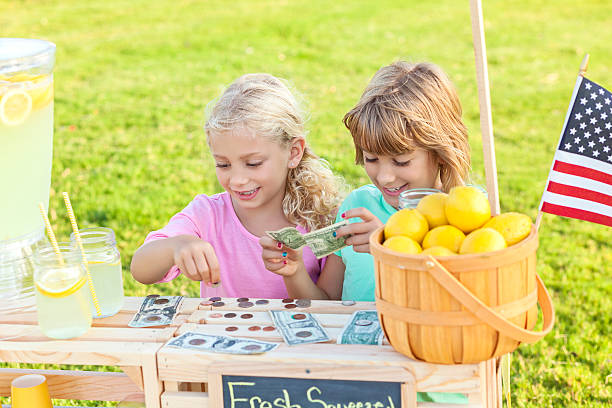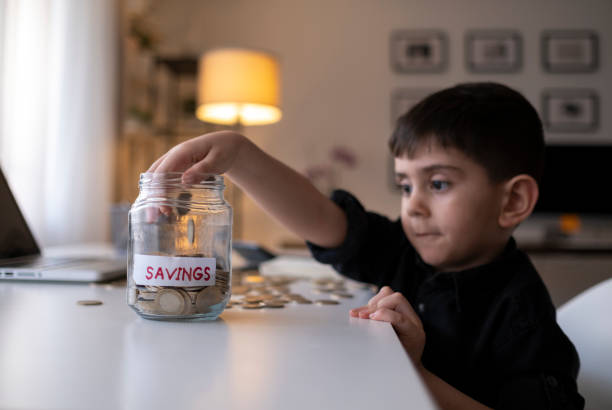Having financial literacy is important, even more so in this generation.
And the best people to teach them, are us parents.
Teaching kids at a young age, financial literacy equips them with the essential skills they need to navigate the world of money confidently. From using piggy banks to introduce the concept of saving, to opening junior bank accounts that offer a glimpse into real-world banking, children learn valuable lessons through hands-on experiences
And this will also give you and your child a special, strong bond.
Below are some ways to teach kids saving their own money.
Each of these methods contributes to building a solid foundation of financial knowledge and responsibility, guiding children toward a future where they are capable and confident in managing their finances.
1. UGMA Account
A UGMA account, short for Uniform Gifts to Minors Act, is a custodial account established by a parent or guardian on behalf of a child. It allows for the investment of assets such as cash, stocks, bonds, or mutual funds in the child's name until they reach the age of majority. One of the main benefits of UGMA accounts is their tax advantages, as earnings may be taxed at the child's lower tax rate.
Additionally, UGMA accounts offer flexibility in how funds can be used for the child's benefit, making them a valuable tool for parents looking to secure their
child's financial future.
2. Junior Bank Account
A junior bank account is great opportunity for children to learn about financial responsibility and the value of saving from a young age. Children's bank accounts provide a safe and accessible way for kids to start managing their money. Children can deposit money saved from allowances, gifts, and their piggy banks,
fostering a sense of ownership over their savings.
Furthermore, junior bank accounts often come with features such as interest
on deposits and online banking access, empowering children to
track their savings and set financial goals.
With a junior bank account, and the guidance of parents,
children can develop important money management skills that will
benefit them throughout their lives.
3. Entrepreneurial Activities
Encourage children to start small businesses and participate in entrepreneurial activities. Be it selling handmade crafts or offering services like baby sitting
or lawn mowing, it can teach them about the satisfaction of earning your
own money, setting aside savings from their profit, and managing expenses.
4. Good 'ol Piggy Bank
A piggy bank serves as a child's first encounter with financial responsibility. Through this practical experience, children learn that saving money, no matter how small the amount, can lead to rewarding outcomes.
5. Start from home! Teach our own kids
When parents take the initiative to teach financial literacy to their children, they're not just talking about numbers and budgets; they're shaping their children's relationship with money. This special education instills the value of money, the importance of hard work, and the benefits of making informed financial decisions to their children.
When parents themselves actively engage in this educational journey, it reinforces the trust and bond between them and their children, making the lessons more impactful and meaningful.
Also, by sharing their own experiences around money, parents can pass on unique wisdom that kids won't see in financial books.
Involved parents also lay a strong foundation for their children's financial independence and instill life-long skills.
🩷







No comments:
Post a Comment